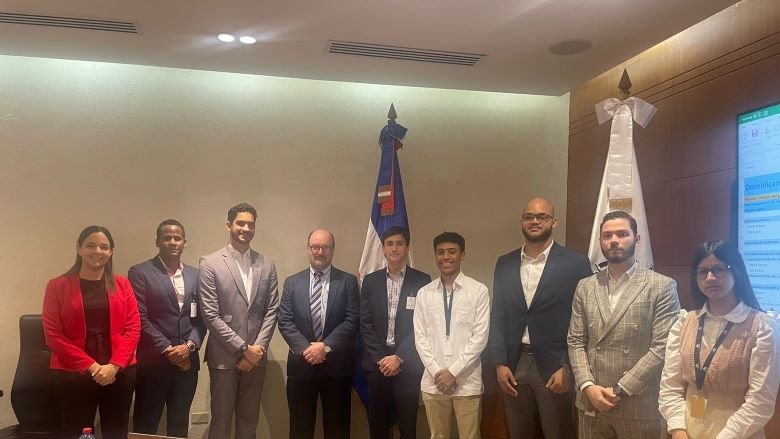The Dominican Republic Tax Policy Project, supported by the World Bank Global Tax Program's Fiscal Pillar, aims to help the government identify fiscal risks and safeguard poorer households while promoting economic growth during the post-COVID-19 recovery. As part of the project, the World Bank has been actively supporting the Ministry of Finance of the Dominican Republic to improve the predictability of the fiscal policy.
In this regard, the World Bank project team has been deploying a series of technical support aiming to (i) implement a macro-fiscal model for policy simulations, (ii) improve the debt management strategies that would allow to navigate times of uncertainty, and (iii) monitor and quantify fiscal vulnerabilities emerged from the impact of climate change, specifically hurricanes.
The World Bank modelling team provided the first training session in the Dominican Republic on November 21-25, 2022. The objective of the training was to implement and boost the required capabilities to manage the Macro-Fiscal Model (MFMod) of the World Bank. This model provides a framework for policy simulations, as an example, increasing statutory tax rates or increasing public investment, and the expected impacts on variables such as GDP growth or fiscal deficit.
A follow-up mission is expected to take place early next year for delivering the second part of this training: simulating climate events.
